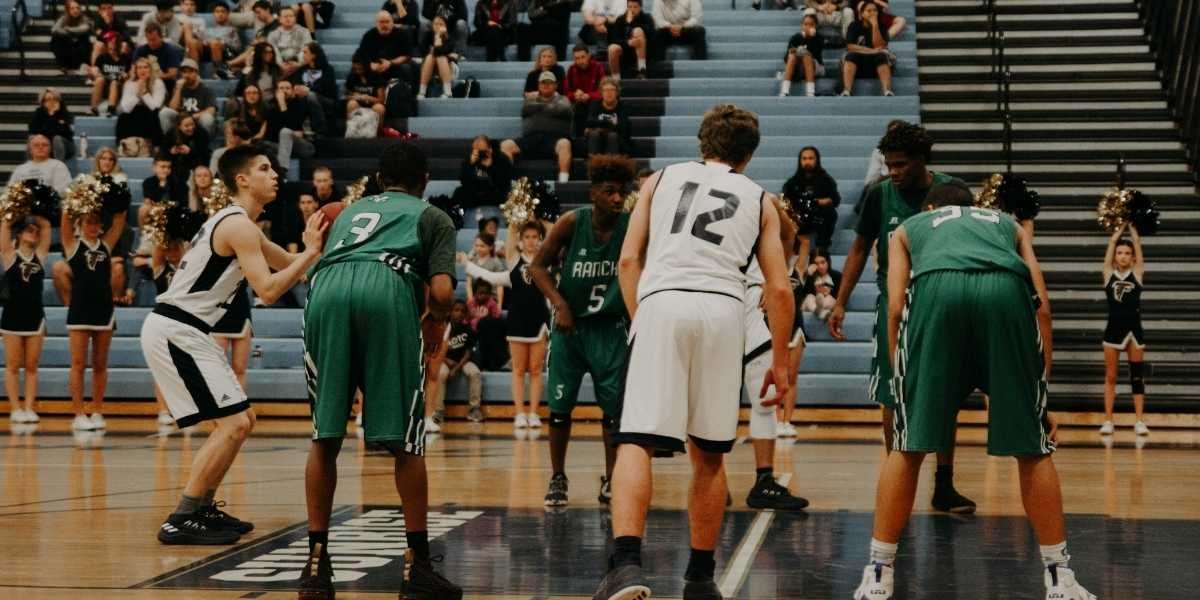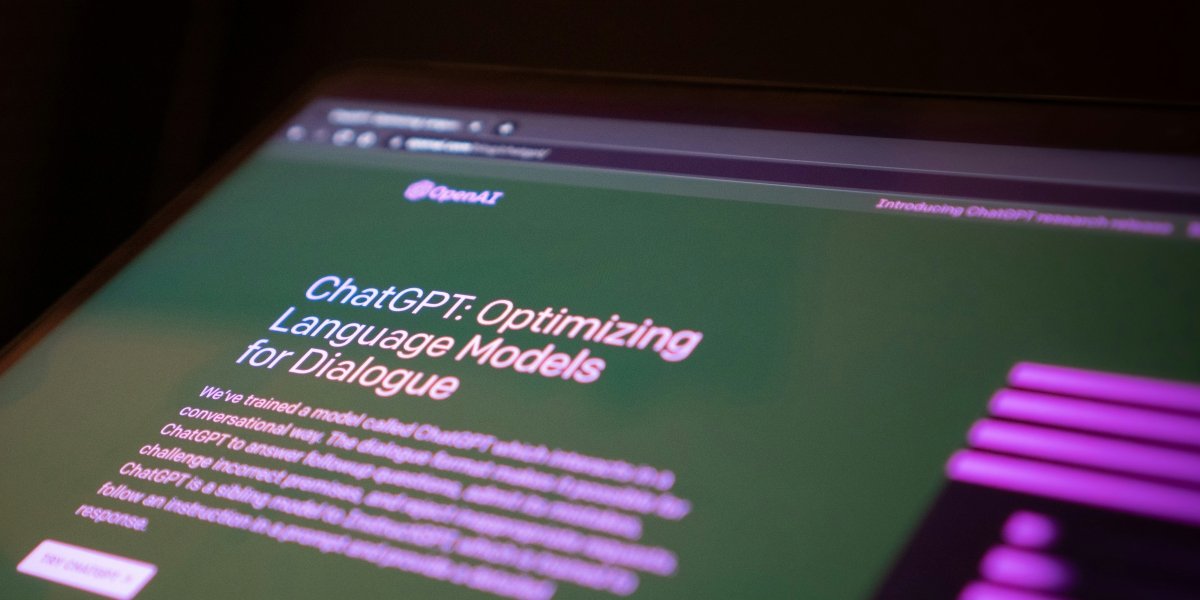The transformation from a promising basketball prospect to an established professional is rarely a straightforward path. It is a challenging one, demanding much more than just athletic prowess. Players step into a world where the stakes are higher, the competition is fiercer, and the pressures extend far beyond the court. Understanding these hurdles can offer a clearer picture of what it truly takes to succeed at the highest levels of professional basketball.
What Makes Professional Competition So Different for Young Players?
One of the most immediate adjustments for a basketball prospect entering a professional league is the dramatic increase in competition. In amateur circuits, a player might be the undisputed star, consistently dominating games. However, in the pros, every player was once a star on their own team. The talent pool is incredibly deep, meaning even top young athletes must adapt to playing against individuals who are not only equally skilled, but often more experienced, physically developed, and strategically astute. The pace of the game is significantly faster, requiring quicker decision-making and execution.
Defensive schemes are far more complex and varied, demanding constant communication and intelligent positioning. Offensive sets are intricate, relying on precise timing and individual reads. Young players quickly learn that every possession matters, and even minor errors can be severely punished. This intense environment forces a rapid evolution of their game, pushing them to refine existing skills and develop new ones just to keep pace. The physical nature of professional basketball also means more contact and aggressive play, which can be a shock for those accustomed to a less physical style.
How Do the Physical Demands Test Aspiring Professionals?

The physical demands placed on a basketball prospect in professional leagues are immense and relentless. The sheer volume of games, combined with frequent travel, creates a grueling schedule that is a stark contrast to college or high school play. An 82-game regular season, often with back-to-back games and extensive travel across time zones, requires an elite level of conditioning. Many aspiring pros arrive with impressive athletic ability but quickly realize they need to further build their endurance, strength, and resilience to withstand the rigors of a full professional season.
Injuries become a much larger concern as well. The increased intensity of play, the powerful movements involved in jumping, cutting, and defending, and the constant physical contact can lead to various ailments. Ankle sprains, knee issues, muscle strains, and even more severe injuries are common. For a basketball prospect, learning how to properly manage their body, prioritize recovery, and implement effective injury prevention strategies becomes just as important as perfecting their jump shot. They often work closely with specialized trainers, nutritionists, and medical staff to optimize their physical well-being, a level of oversight and personal responsibility that might be new to them. This physical gauntlet tests not just their athleticism, but their discipline and commitment to their craft outside of game time.
What Mental and Emotional Hurdles Do Newcomers Encounter?
Beyond the physical and strategic challenges, a basketball prospect faces significant mental and emotional hurdles. The transition to professional life can be isolating. Many young players move far from their established support networks of family and friends, suddenly navigating a new city and team environment largely on their own. This can lead to feelings of loneliness or homesickness.
The pressure to perform is another heavy burden. High draft picks or highly touted young players often come with immense expectations from fans, media, coaches, and even their own families. The fear of not living up to these expectations can be crippling, leading to anxiety and a loss of confidence. Every mistake is magnified, every poor performance scrutinized. Dealing with public criticism, negative media coverage, or even negative fan reactions requires immense mental fortitude. Players must develop a thick skin and learn to block out the noise, focusing instead on their own development and contribution to the team.
Adapting to a reduced role, especially for players who were always the primary scoring option or playmaker in their previous teams, also requires a significant ego adjustment and a redefinition of success. Maintaining motivation during slumps, recovering from setbacks, and consistently believing in their own abilities, even when facing adversity, are crucial aspects of mental toughness for all young athletes.
How Do Off-Court Adjustments Impact Aspiring Pros?
The life of a professional basketball player extends far beyond the hardwood. For many a basketball prospect, handling newfound financial success is a major off-court adjustment. Suddenly receiving a substantial salary, they must learn how to manage money responsibly, make wise investments, and navigate requests from family and friends. Without proper guidance, financial mismanagement can quickly become a significant problem.

Professional athletes are also constantly in the public eye. Their actions, both on and off the court, are subject to intense media scrutiny. Maintaining a positive public image, handling social media responsibly, and understanding the implications of every public statement or appearance are essential skills that many young players must acquire quickly. The lack of a structured environment, particularly for players coming from tightly controlled college programs, can also be a challenge. In college, practices, meals, and academic schedules are often rigidly set. In the professional world, players have more autonomy, which requires greater self-discipline regarding nutrition, sleep, and personal accountability.
Building a reliable and trustworthy support system outside of the team, including agents, mentors, and personal advisors, becomes crucial for navigating these complex off-court challenges. Learning to balance the demanding professional schedule with personal life, relationships, and overall well-being is an ongoing process that significantly impacts an aspiring player’s overall success and longevity in the league.







